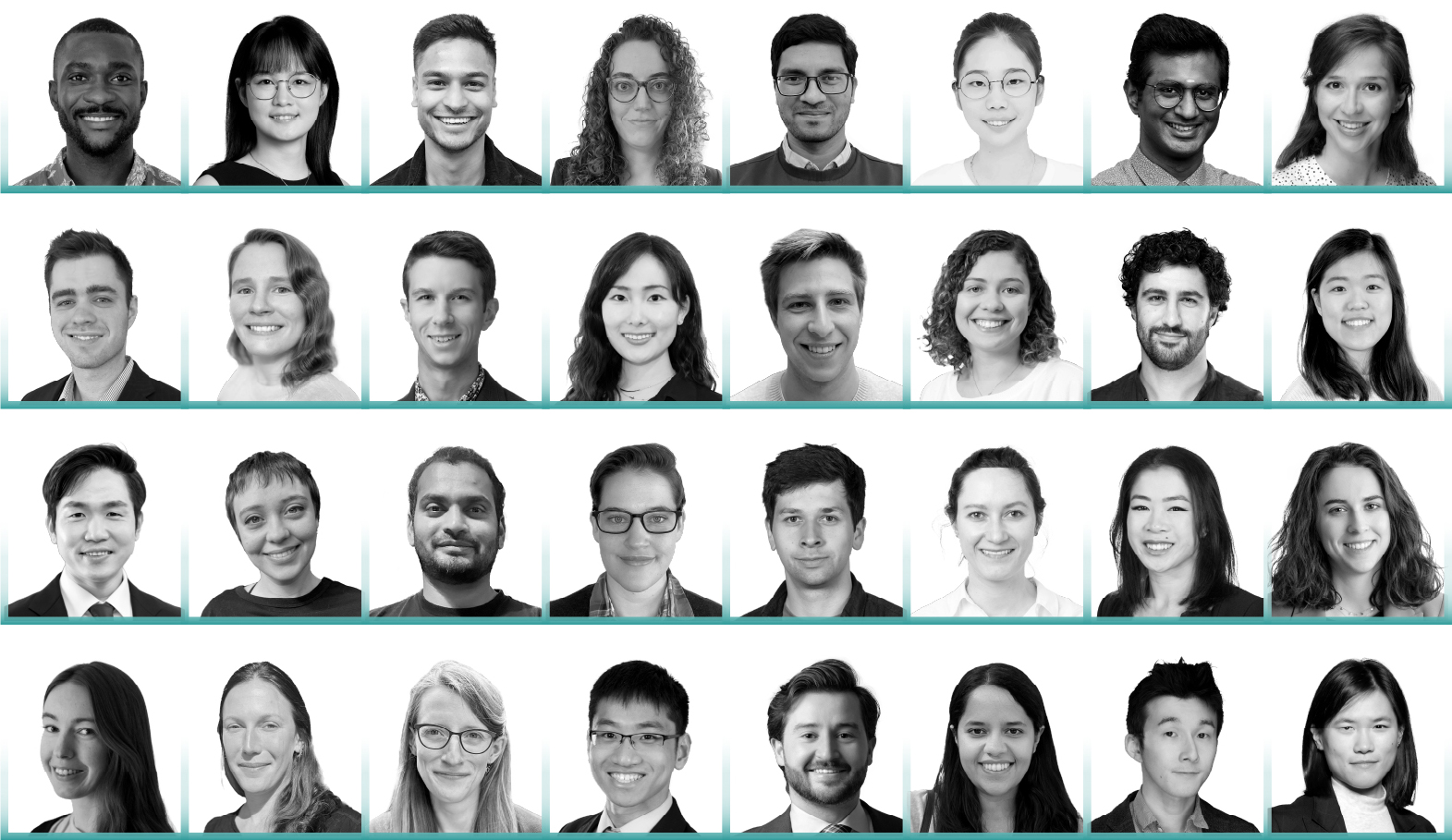Thirty-two early-career researchers were named members of the 2024 cohort of Schmidt Science Fellows, joining a community of scientists and supporters who seek to drive sector-wide change by pursuing interdisciplinary research.
Their areas of study range from creating intelligent materials and designing algorithms that combat fake news to understanding how gut bacteria influence anxiety and depression and mitigating the effect of climate change through evolutionary approaches.
Schmidt Science Fellows was established in 2018 to help researchers expand their work across areas of study and build a community of interdisciplinary thinkers dedicated to solving the world’s biggest challenges.
It is an initiative of Schmidt Sciences, a philanthropic organization founded by Eric and Wendy Schmidt to advance exploration and discovery that deepen our understanding of the natural world and develop solutions to global issues.
“Breaking down silos and harnessing the power of interdisciplinary science holds the key to tackling humanity’s most pressing challenges, from global health and protecting our environment to ensuring we can develop new technologies that are both safe and foster societal good,” said Eric Schmidt. “The 2024 Schmidt Science Fellows are exceptionally talented in their fields and with the Program’s support we hope to enhance the impact of their work.”
“It’s at the edges of things—ecosystems, borders, disciplines—where the most interesting ideas are developed, solutions that don’t arise from any single approach,” said Wendy Schmidt. “We’re excited to welcome the 2024 cohort of Schmidt Science Fellows to approach these edges, look at problems anew, share insights with each other and the world and, we hope, go on to develop solutions to some of humanity’s most pressing challenges.”
Discover our 2024 Fellows and their interdisciplinary science ambitions.

Since its inception, Schmidt Science Fellows has supported 177 Fellows across seven cohorts, nominated by 62 institutes across the globe. The program is delivered in partnership with the Rhodes Trust.
The 2024 cohort represents 17 nationalities nominated by 26 of the world’s leading institutions across North America, Europe and Asia.
This year, four institutions had Fellows selected for the first time: Agency for Science, Technology and Research (A*STAR), Singapore; Nanyang Technological University, Singapore; Max Planck, Germany; and University of Hong Kong, Hong Kong.
Schmidt Science Fellows Executive Director Megan Kenna said: “Welcoming each new cohort is an important milestone in our mission to cultivate a community of interdisciplinary science leaders who, through fellowship, will enhance discovery, magnify impact, and deliver science with lasting benefits to society.”
Each Fellow will undertake a year-long Science Leadership Program to develop the skills, experience and networks necessary to become the next generation of interdisciplinary science leaders alongside a one- to two-year research placement at a new institution, which will kick off later this year.